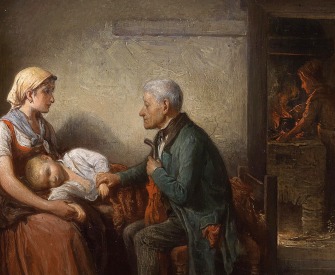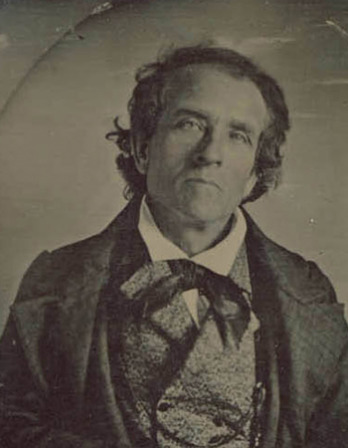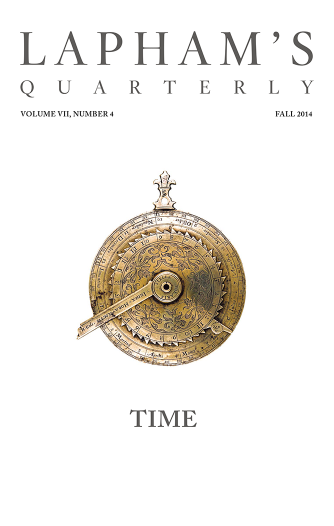Why do the Romans reckon the beginning of the day from midnight? Is it because the Roman state was based originally on a military organization and most of the matters that are of use on campaigns are taken up beforehand at night? Or did they make sunrise the beginning of activity and night the beginning of preparation? For men should be prepared when they act and not be making their preparations during the action, as Myson, who was fashioning a grain fork in wintertime, is reported to have remarked to Chilon the Wise.
Or just as noon is for most people the end of their transaction of public or serious business, even so did it seem good to make midnight the beginning? A weighty testimony to this is the fact that a Roman official does not make treaties or agreements after midday.
Or is it impossible to reckon the beginning and end of the day by sunset and sunrise? For if we follow the method by which most people formulate their definitions, reckoning the first peep of the sun above the horizon as the beginning of day, and the cutting off of its last rays as the beginning of night, we shall have no equinox; but that night which we think is most nearly equal to the day will plainly be less than that day by the diameter of the sun. But then again the remedy that the mathematicians apply to this anomaly, decreeing that the instant when the center of the sun touches the horizon is the boundary between day and night is a negation of plain fact; for the result will be that when there is still much light over the earth and the sun is shining on us, we cannot admit that it is day but must say that it is already night. Since, therefore, the beginning of day and night is difficult to determine at the time of the risings and settings of the sun because of the irrationalities I have mentioned, there is left the zenith or the nadir of the sun to reckon as the beginning. The second is better; for from noon on the sun’s course is away from us to its setting, but from midnight on its course is toward us to its rising.
From Roman Questions. After studying mathematics and philosophy in Athens, the Boeotian-born writer became a priest in Delphi. Preserved in his Moralia, this work shows Plutarch attempting to explain Roman religious and social customs in 113 sets of questions and answers—a form he repeated in the much shorter Greek Questions as well as the now lost Barbarian Questions.
Back to Issue





